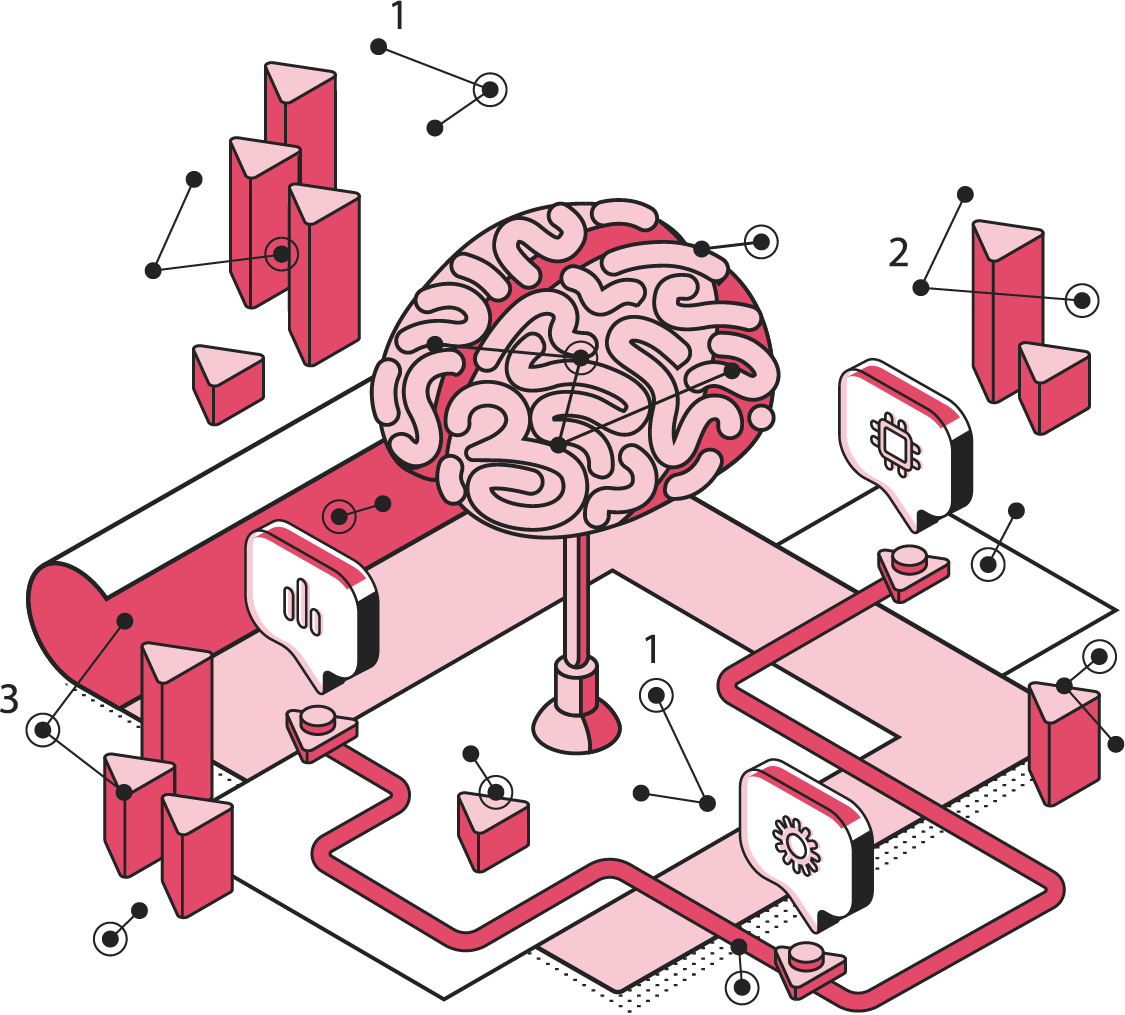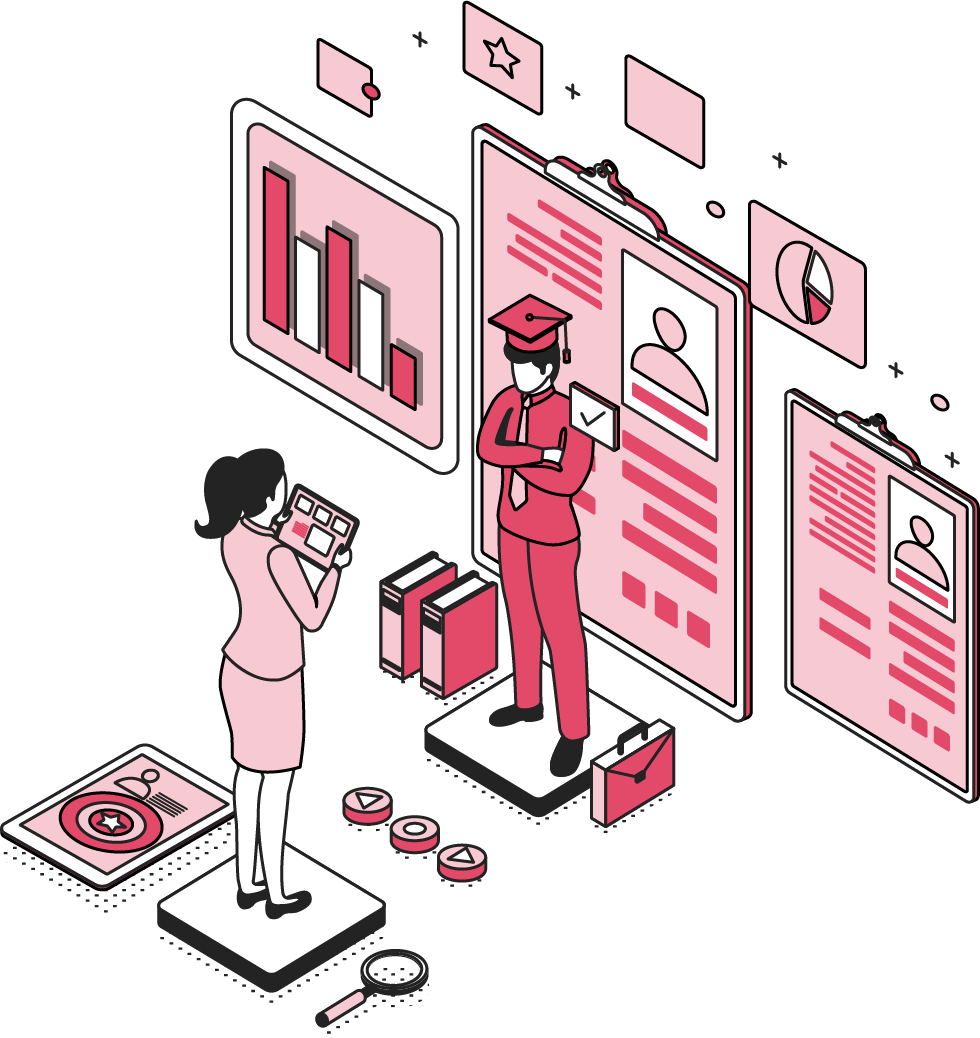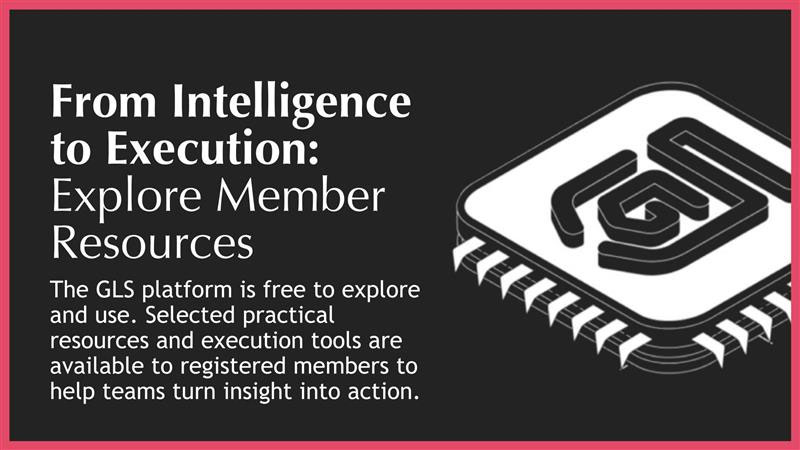The GLS Legal Operations Centre
Intelligence, resources and execution support
Transformation Tube Map
Knowledge Centre
Legal Dept.
Resources
Managed Legal Services
Members
Resources
Legal Ops
Community
Back
Data Analytics
What Is It
Data Analytics is the capability that transforms raw legal data into actionable insights. It enables legal teams to understand what work is being done, how well it’s being done, what it costs, and what risks it manages - all in real time.
Legal departments generate vast amounts of data: matter volumes, contract terms, turnaround times, spend patterns, and risk profiles. But without analytics, this data remains unused. Data Analytics makes it visible, understandable, and useful - enabling smarter decisions and continuous improvement.
This station supports performance tracking, budgeting, forecasting, vendor management, and strategic planning. It also enables legal to demonstrate its value to the business - not just in cost savings, but in risk mitigation, deal acceleration, and strategic enablement.
Importantly, this station underpins many others - including Reporting, Budgeting, Forecasting, and Transformation Agenda. Without analytics, legal operations are blind. With it, they become data-driven and future-ready.
Analytics exists to answer hard questions, not decorate PowerPoint.
Scope
The scope of Data Analytics typically includes:
◼️Matter Analytics – Volume, type, duration, and outcomes of legal work.
◼️Spend Analytics – Internal and external costs, vendor performance, and budget tracking.
◼️Contract Analytics – Clause usage, risk flags, and negotiation trends.
◼️Performance Dashboards – Real-time visibility into legal KPIs.
◼️Trend & Gap Analysis – Identifying patterns and improvement opportunities.
◼️Forecasting Models – Predicting future demand and resource needs.
◼️Stakeholder Reporting – Tailored insights for business units and leadership.
◼️Integration with Legal Tech – Pulling data from matter, billing, and contract systems.
Resource Status
The Data Analytics station is considered a Repeater resource within the GLS Legal Operations model.
A Foundational Resource: Is responsible for determining the overall performance capabilities of a “critical” legal function. If it is not optimised, the function can never be optimised.
A Repeater Resource: Supports the performance of multiple "critical" legal functions and as such represents a "ripple effect" productivity intervention point.
A Specialist Resource: Is responsible for driving the performance of a very specific part of an individual legal function. Its productivity contribution is limited to that single legal function.
Best Practice Features
The best practice features of the Data Analytics are as follows:
◼️Centralised Data Warehouse – A single source of truth for legal data.
◼️Automated Data Collection – Minimising manual input and errors.
◼️Customisable Dashboards – Tailored views for different stakeholders.
◼️Predictive Analytics – Using AI to forecast demand and risk.
◼️Benchmarking Capability – Comparing performance to peers and past periods.
◼️Actionable Insights – Reports that drive decisions and improvements.
◼️Data Governance – Ensuring accuracy, privacy, and compliance.
◼️Training on Data Literacy – Helping legal teams interpret and use analytics.
Business Value
The Data Analytics station delivers the following value to the Business:
◼️Smarter Decisions – Insights guide strategy, investment, and risk management.
◼️Improved Efficiency – Data reveals bottlenecks and improvement opportunities.
◼️Cost Optimisation – Spend analysis supports budgeting and vendor management.
◼️Faster Deal Execution – Contract analytics streamline negotiation and approval.
◼️Enhanced Transparency – Legal becomes a visible, measurable business function.
Legal Department Value
Legal teams gain visibility, control, and credibility. Analytics support performance management, transformation planning, and stakeholder engagement. They also enable continuous improvement and strategic alignment.
Who Needs It
The Data Analytics station is essential for:
◼️Legal departments of all sizes
◼️Legal operations teams
◼️General Counsel and Heads of Legal
◼️Legal tech and innovation leads
◼️Compliance and risk management teams
Productivity Consequences
A legal team operating without Data Analytics will face a wide range of inefficiencies including:
◼️Blind Decision-Making – No visibility into performance or value.
◼️Poor Resource Allocation – No data to guide staffing or investment.
◼️Weak Stakeholder Engagement – No insights to share with the business.
◼️Transformation Failure – No baseline or progress tracking.
◼️Missed Opportunities – Trends and risks go unnoticed.
Tech Implication
This station is technology-based. It relies on:
◼️Analytics Platforms – For data visualisation and reporting.
◼️Integration with Legal Tech – Pulling data from matter, billing, and contract systems.
◼️AI & Machine Learning Tools – For predictive modelling and trend analysis.
◼️Data Governance Frameworks – To ensure accuracy and compliance.
What Next?
Visit each Station on this Line for in-depth analysis of what it takes to make this in-house function really perform. Or you can go back to the overall GLS Legal Transformation Tube Map.
In most cases, the GLS Legal Operations Centre contains everything you need to effectively optimise this key function yourself – or feel free to reach out to us – and we can help you.

The GLS Legal Operations Centre
Register to access your complimentary Day 1 Resource Stack packed with legal team performance resources.

GLS Ultimate Guide To Legal Operations
Download this and read it thoroughly and regularly. It is a wonderful transformation companion.

Book A No-Obligation Consultation
If you would like discuss your legal transformation needs, please book a 30 minute free consultation with us.

GLS Legal Transformation Boot Camp
Our hugely successful, 10-week long, email-based boot camp on how to effectively transform your legal team.




